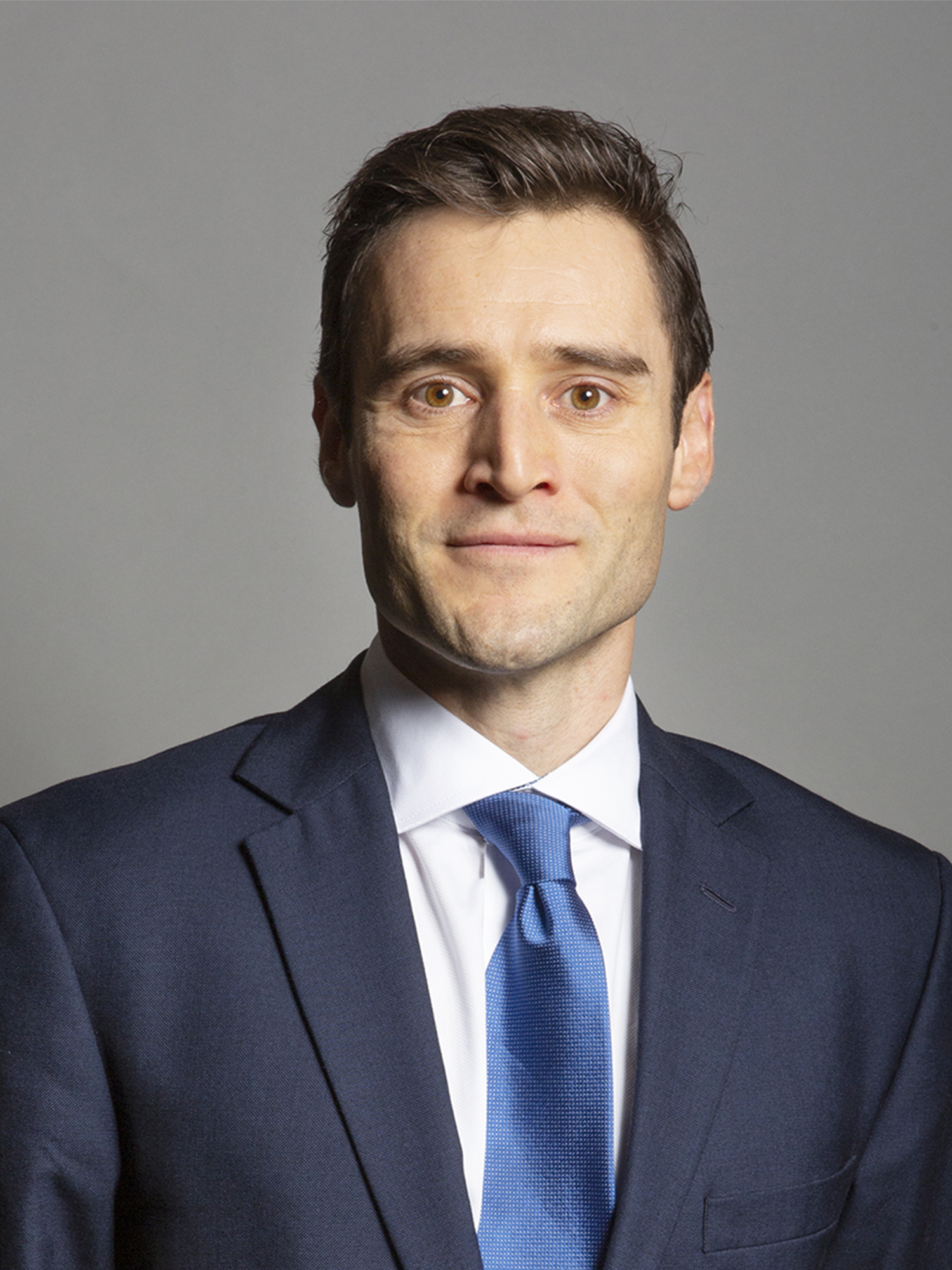The speech made by Luke Evans, the Conservative MP for Hinckley and Bosworth, in the House of Commons on 29 November 2024.
How do you want to die? How do you picture your own death? It is a question we rarely ask ourselves, but one that every one of us will face. For me, I hope it is with peace, surrounded by loved ones, free of pain and content with a life well lived. That is the gold standard. Good palliative care strives to make that ideal a reality.
Let me state unequivocally: we need to support palliative care. However, today’s debate is not about whether we support palliative care, but about what happens when we cannot provide a solution. What happens when palliative care does not or cannot work? The truth is that palliative care has limits. Let us consider the cases that keep doctors and surgeons awake up at night—the likes of the inoperable neck cancer, eroding away into the carotid artery. It is a literal bloody time bomb, and no one knows when it will go off. What is modern medicine’s answer to that? Keep dark towels nearby for the blood, and counsel a partner or family member on what it is like to find someone bleeding out. There is no cure, and no respite. What would you do?
Currently, for such patients we can offer no agency over their end; no alternative to that terrifying death. Can we truly say that that is compassionate? Should we not even offer those facing such suffering at least the chance of dignity in their death? That is what the Bill stands for. To reject it on Second Reading is not just to vote against assisted dying but to silence the debate for another decade and to say that the status quo is acceptable, and it is fine for those who can afford it to fly to another country to end their suffering while others are left here without recourse. I cannot accept that. What is this House for if not to empower people, and to give them the tools to shape their lives and, yes, their deaths? Today, we have the chance to put compassion into action—to offer choice to those who are facing the ultimate suffering.
I hugely respect Members who take a different view. I simply and gently say to them that there are consequences, too. Those intractable cases will still be there with no solution, no choice in this country and no resolution to their suffering. To those who understandably are a little unsure, I say that if they have doubts about safeguards or the implementation—I agree that some are valid—they should let the debate continue. For some Members it will a bridge too far; if necessary they should reject the Bill on Third Reading, but to stop it now is to stop the conversation entirely, take the choice off the table and remove a dying person’s agency. When all is considered, I ask again: how do you want to die?
